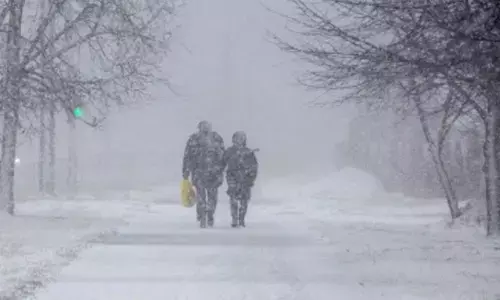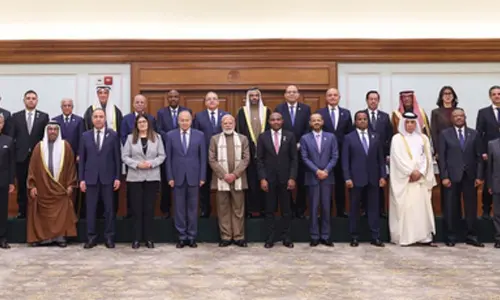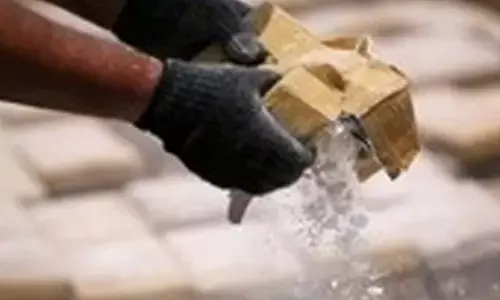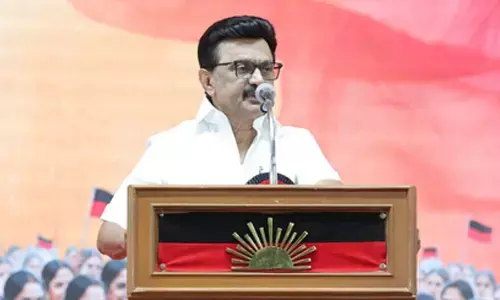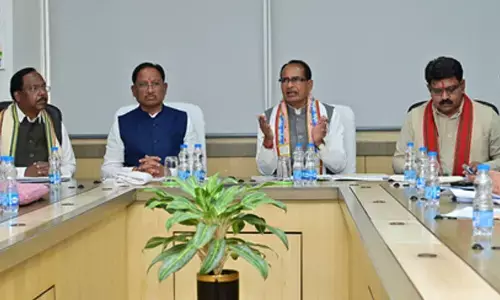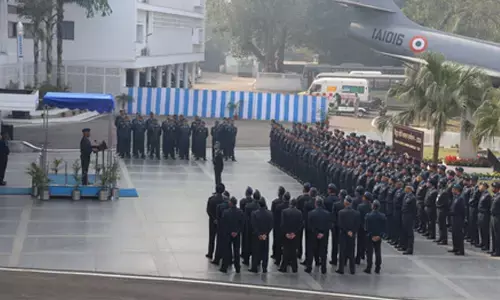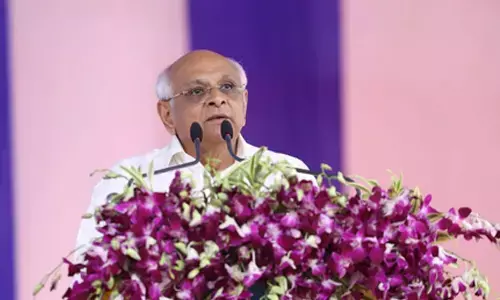The problem is perhaps democracy
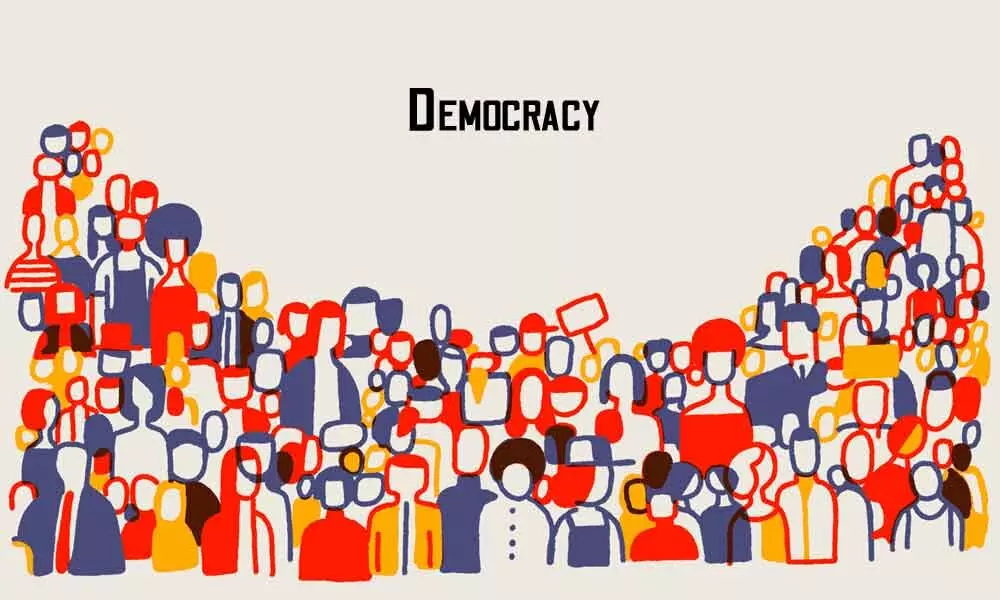
The problem is perhaps democracy
Political parties eagerly conduct elections (from state level to municipal) in the deadly pandemic throwing all precautions to the wind. This shows how illogical it is on the part of the voters to trust the governments they form to protect its citizens. Elections during a pandemic is simply a complete disregard for its citizens.
Hospital beds are not available even for the most powerful and the rich; doctors and nurses are losing their sanity; many families are losing their near and dear ones; and yet, there remains a pressing need to conduct not even state but municipal elections! Most citizens are also aware that these elections will achieve nothing and will maintain a status quo with respect to development.
The power of the vote is a myth as Indian democracy amply shows. Plato (4th century BCE) thought that, like all forms of governance, even democracy ruins itself by excess of its basic principle of an equal right of all to hold office and determine public policy. Democracy becomes disastrous because people are deficient by education to select the best and wisest rulers even as the most educated and capable choose to stay away from the process of elections.
Oratory skills, nepotism, money, corruption, and general incompetence take over with the single purpose to garner votes and gain power. There is a complete disconnect with good administration. Aristotle thought that democracy bases on a false assumption that those who are equal in one respect (like the law) are equal in all respects, including governing. He says that in a democracy, ability sacrifices itself to number, while trickery manipulates numbers.
Yet, over the centuries, through revolutions, through public opinion, through emotions, democracy has become the norm- an 'ought to', all over the world. The major issue is the balance between individual rights and the government rights. As one increases, the other correspondingly decreases. The golden mean is apparently democracy today.
The search in western traditions was always present in the ideal for maximal individual liberty under the umbrella of minimal state interference and maximal state security. Seeking that harmony remains a distant dream even as a bewildering array of 'isms' generate. The political philosophies of right, left, centre permeating into Indian thinking do not simply make sense in the light of our thousands of years of cultural traditions and lived experiences.
And yet, we think liberal secularism as the best form of political philosophy. Indian traditions had evolved a way with an enlightened monarchy and free citizens ages back. Important treatises, texts, and wisdoms of ancient and medieval India focussed on the qualities and duties at all levels from the king to the ordinary citizen unlike western intellectual rights-based traditions.
The king's rule was to ensure peace, prosperity, and happiness to its people. The wars of the kind fought in Europe in the medieval times were perhaps unusual in the Indian context. Indian wars, by principle, mostly left the agricultural lands and the temples intact.
A bond linking rulers and people across kingdoms allowed free movement for pilgrimages and access to knowledge. Shankaracharya surely would have moved across various kingdoms to set up the four maths in four corners of the country. Hence, alternatives to democracy did thrive without affecting trade, agriculture, literature, and sciences across the country.
Indian civilization, at least five thousand years old, apart from a high quotient of personal happiness, had a thriving economy with highly-evolved arts, literature, education, sciences, spirituality, architecture, and so on. Our indigenous systems had some worth as its outcomes did certainly attract thousands from Central Asia, Middle East, and Europe. And then came the western political philosophies which persistently ill-fit with our experiences.
Thousands of years of lived experience and culture has also moulded a special Indic philosophy which we knowingly or unknowingly subscribe to. Most Indians are 'Indic Liberals' by a natural inclination combining principles of both the so-called leftist and conservative thoughts. Politico-economically, Indic Liberal is a unique form of 'Religious Left' aspiring to become a 'Liberal Right'. As 'Liberal Right', we always had the principles of limited government, free markets, individual liberty, equality of opportunity, and an assertive defence policy.
While the Left is normally non-religious it need not be so for us. At the same time, the necessity to provide equal opportunity to the poor warrants an understanding of the need for welfare measures. Diversity, multiculturalism, and pluralism is an inbuilt lived experience in our society. Democracy with its principles of 'liberal secularism' seems to be thriving on these to win power by dividing and thus destroying this pluralism. Hence, if a pandemic comes in the way, the response is, so what?








